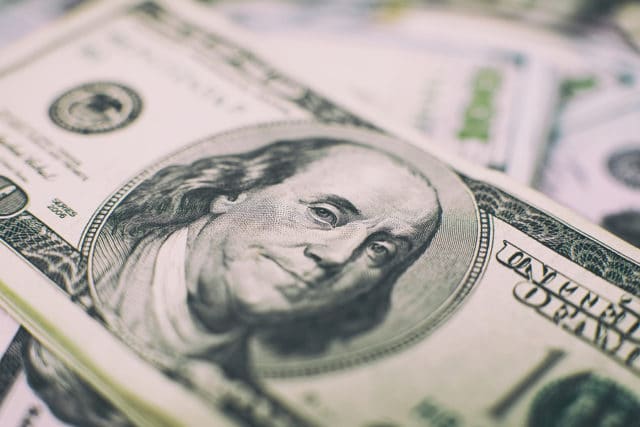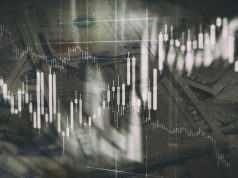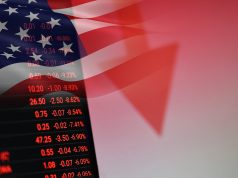Heads of state of the world’s 20 largest economies began Friday’s two-day summit in Buenos Aires, Argentina. The issues on the agenda are not lacking, whether commercial (US-China war …) or geopolitical (oil, crisis in Ukraine …), which made investors cautious before the weekend.
In the foreign exchange markets, this caution has benefited the dollar, which has served as a safe haven. The dollar index thus rose Friday evening by 0.53% to 97.30 points. The rise occurred even as the Fed signaled this week that it may be kicking off its rate hike next year.
The euro fell sharply against the greenback at $1.1307 (-0.75%), while the pound yielded 0.36% to $1.2745. The dollar was also up 0.2% against the yen, registering Friday night at 113.68 yen/$.
Concerns over global growth were fueled by the publication of a decline in Chinese manufacturing activity in November. The Purchasing Managers’ Index (PMI) released Wednesday by China’s National Bureau of Statistics (SNB) fell to 50 from 50.2 in October.
This new slowdown comes as Chinese President Xi Jinping meets his American counterpart Donald Trump on Saturday night at the G20 in Buenos Aires. If the two leaders do not reach a trade agreement, Washington threatens to raise from 10% to 25% of taxes on $200 billion of Chinese goods he has already sanctioned since September. Beyond that, Donald Trump plans to tax $267bn of additional Chinese goods, which would be equal to taxing all Chinese imports.
In Europe, the euro continued to struggle after the announcement of a lower inflation than expected in November in the euro area, to 2.2% after 2% in October, according to the Eurostat Institute. Excluding energy and food, the index stood at 1.1% after 1.2% in October (and against 1.3% expected by the consensus).
This easing of price pressures could delay the ECB’s rate hike schedule. The first increase will not occur before mid-2019 at the earliest, the European Central Bank said. But a slowdown in the European economy in the third quarter of 2018 has led some investors to expect a delay of the start of the bull cycle to the end of 2019, or even the beginning of 2020.










